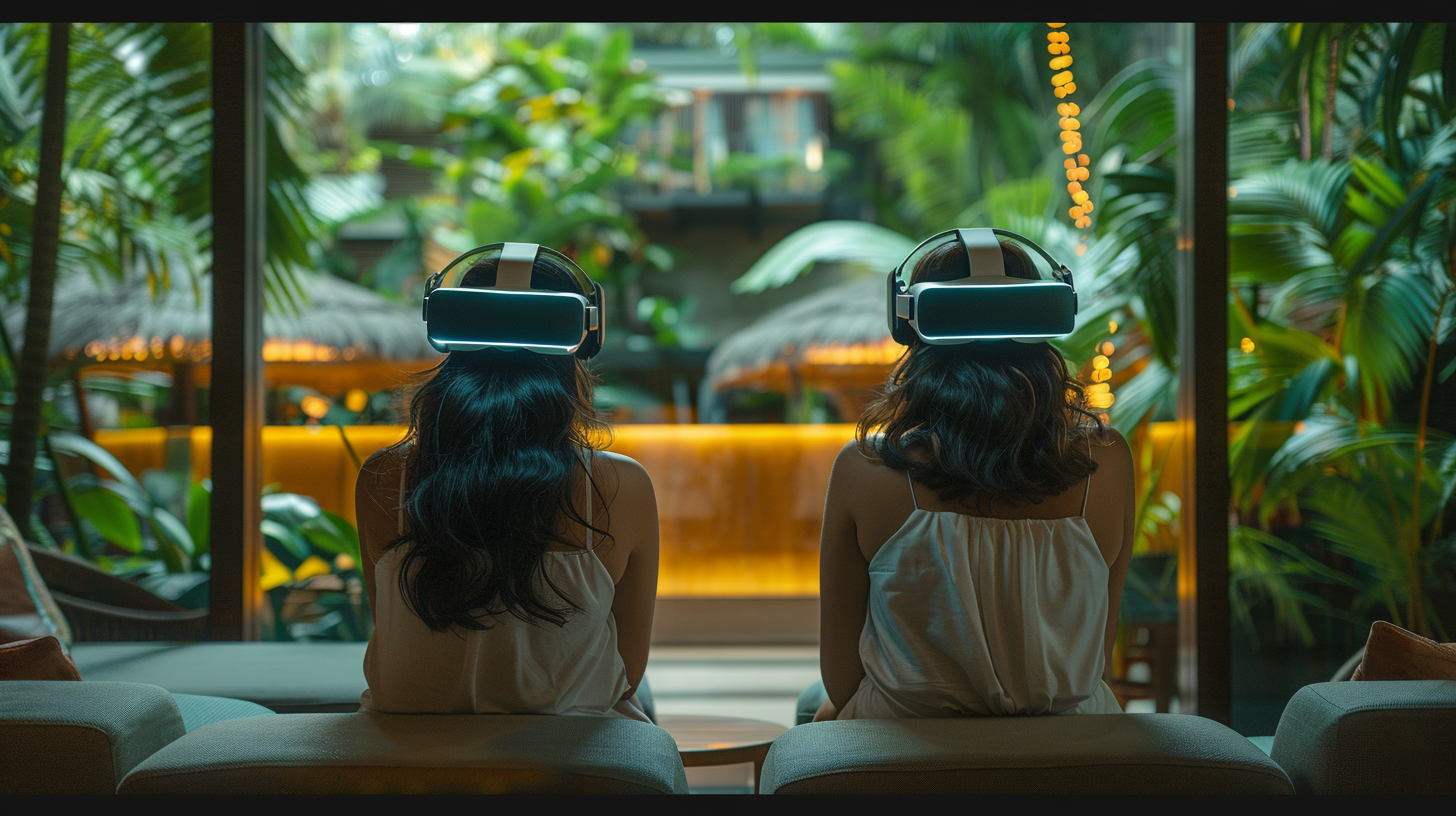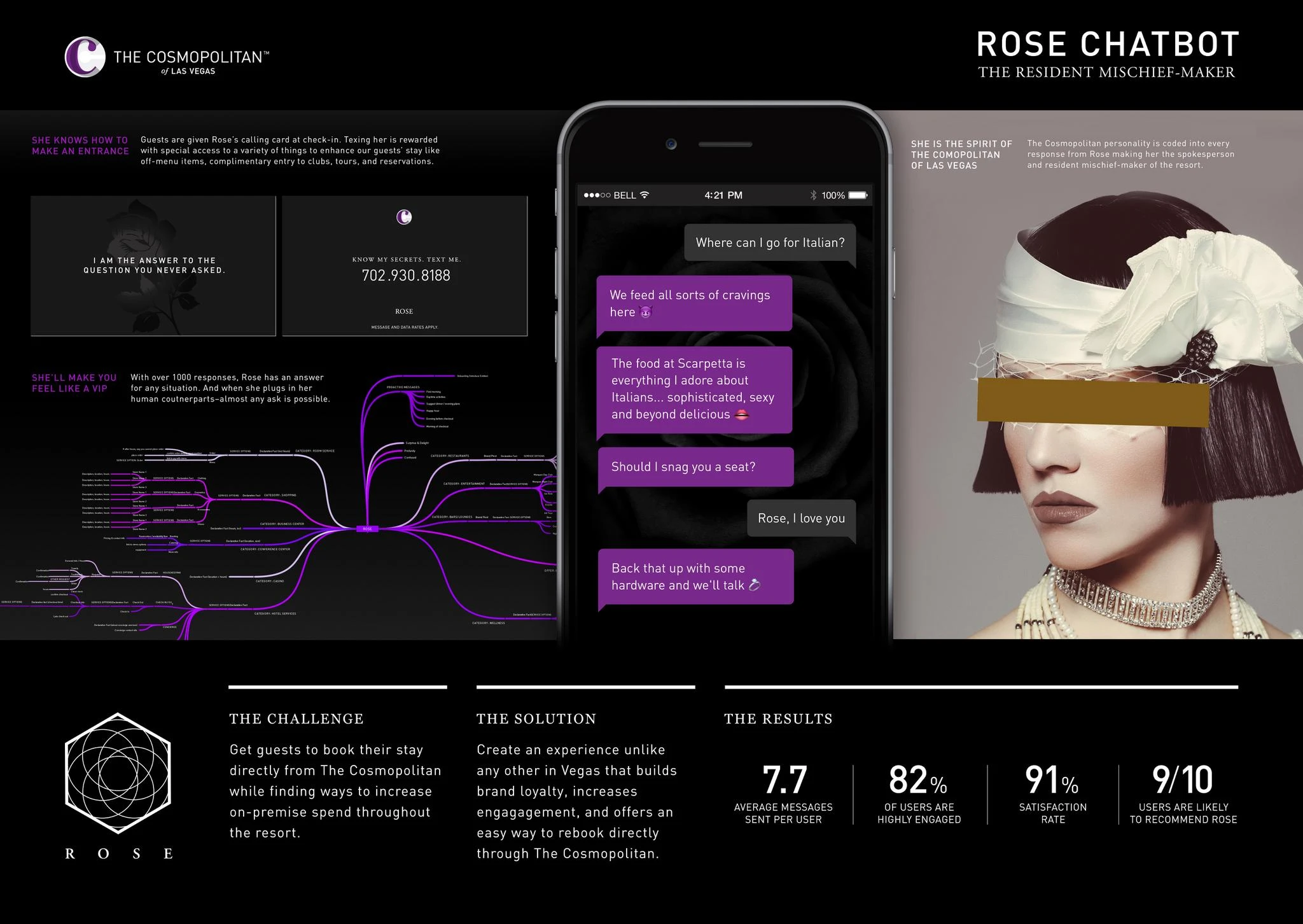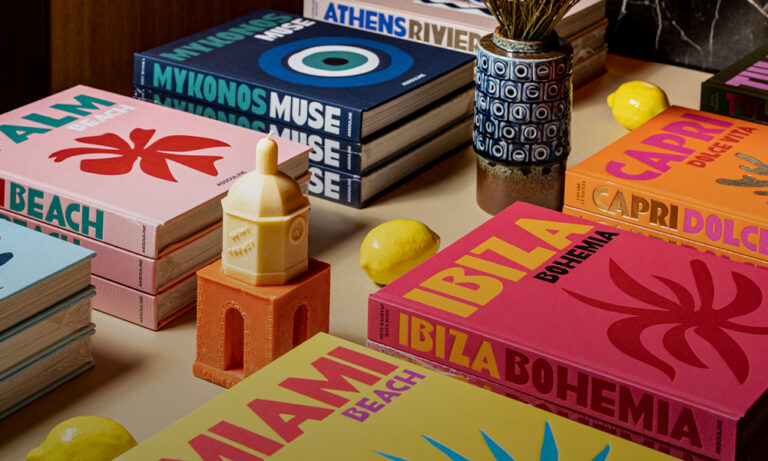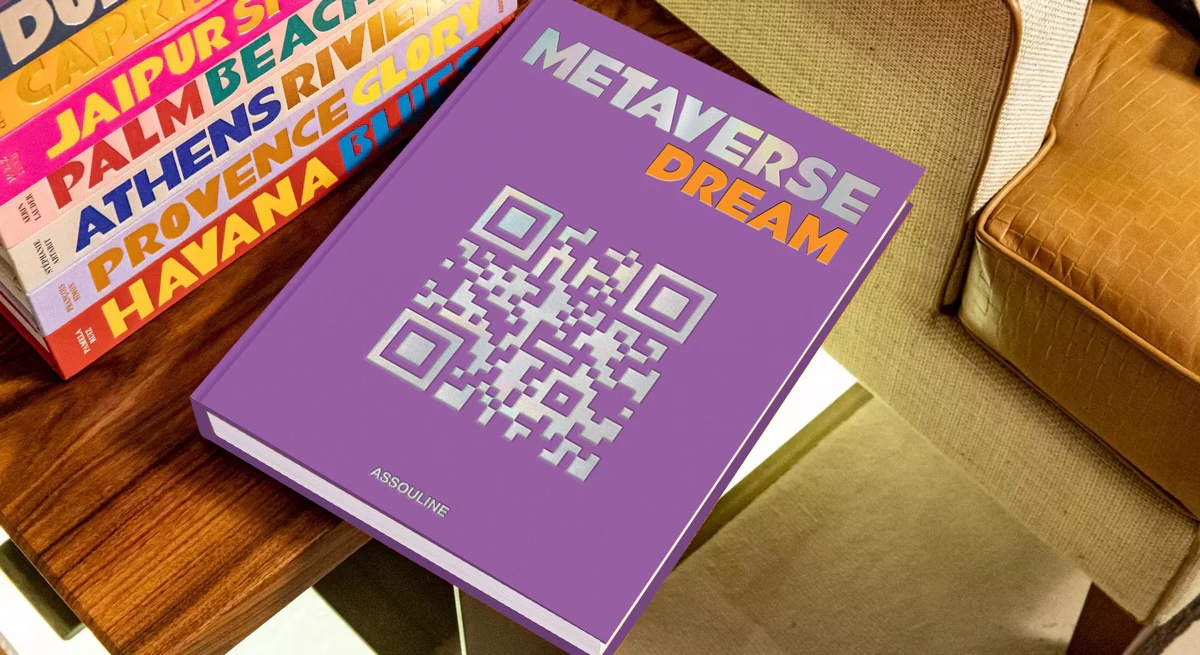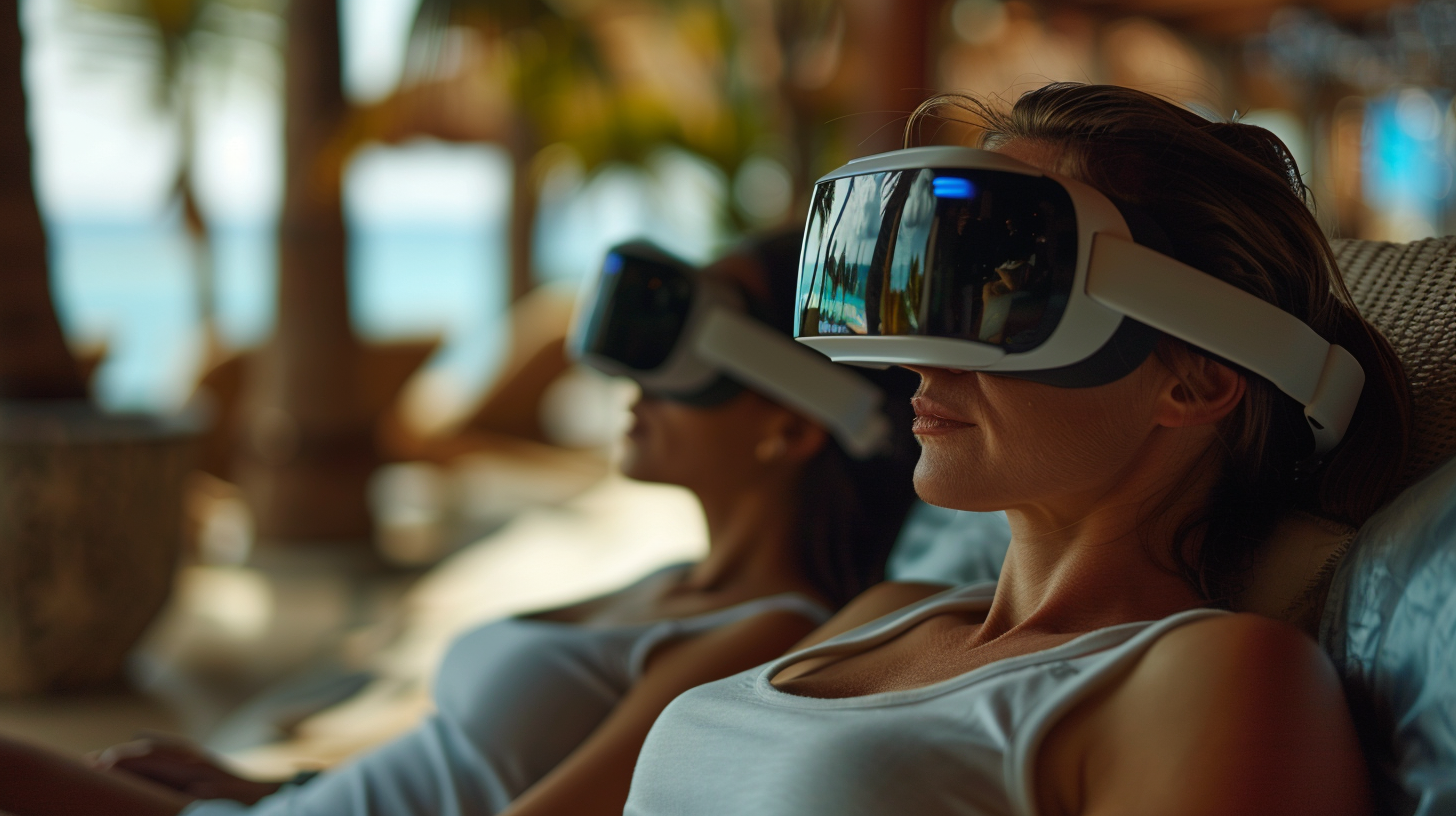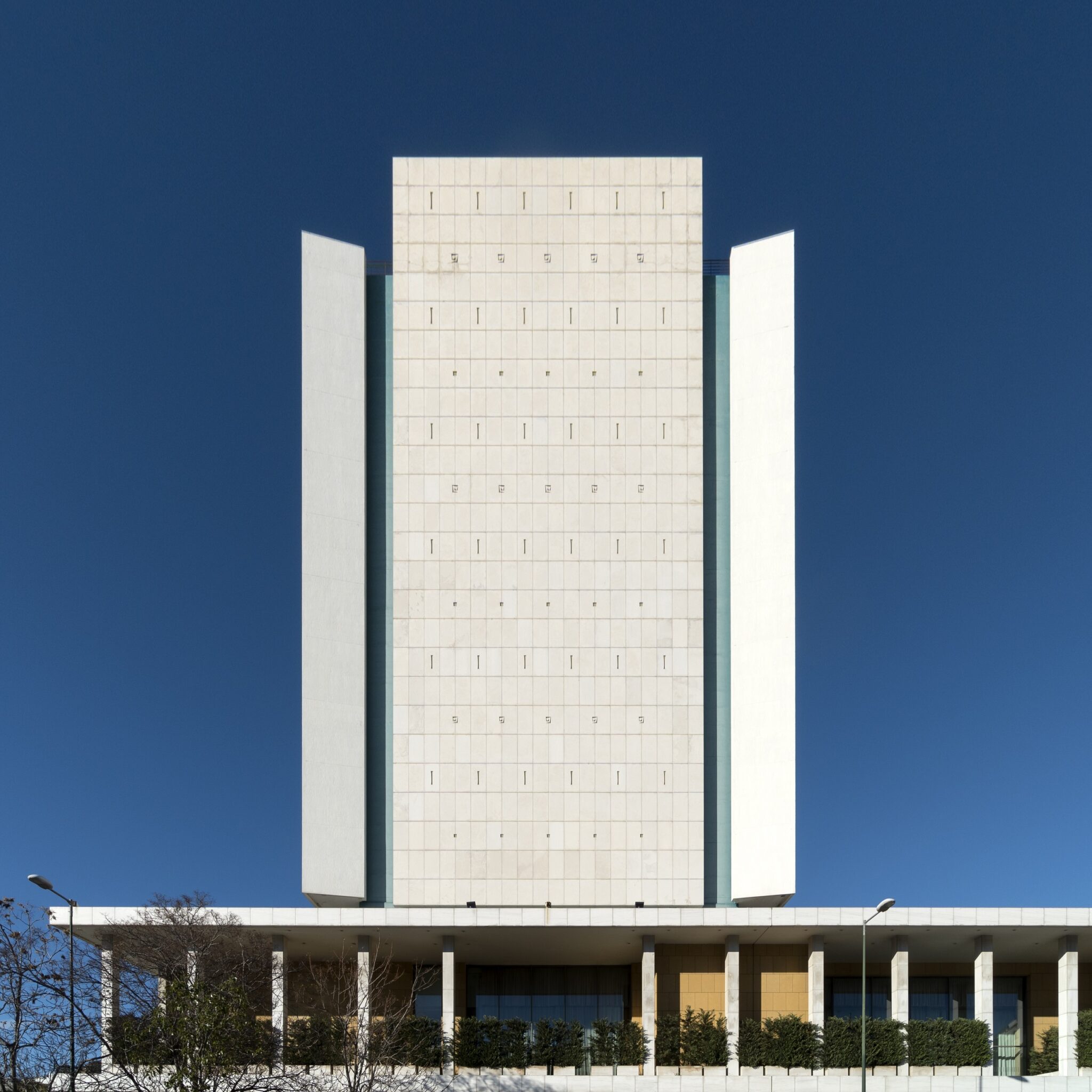Beyond opulent accommodations and Michelin-starred dining experiences, today’s guests seek something more – a seamless blend of sophistication and innovation that extends beyond the physical boundaries of the hospitality industry. Welcome to the era of digital transformation, where cutting-edge technology and personalized digital experiences are reshaping the guest journey in unprecedented ways.
Gone are the days when luxury hospitality simply meant lavish décor and outstanding service. While these elements remain crucial, they are now complemented by digital innovations designed to enrich every aspect of the guest experience. From the initial stages of trip planning to the post-stay follow-up, technology seamlessly permeates every touchpoint, leading in a new era of service and personalization.
Smart Rooms and AI-Powered Assistance
A prime illustration of this evolution lies in the emergence of smart rooms and interconnected spaces within luxury accommodations. Picture stepping into a hotel suite where every detail, whether it’s the lighting ambiance, room temperature, entertainment selections, or overall mood, can be tailored to your preferences with a simple voice command or a tap on your smartphone screen.
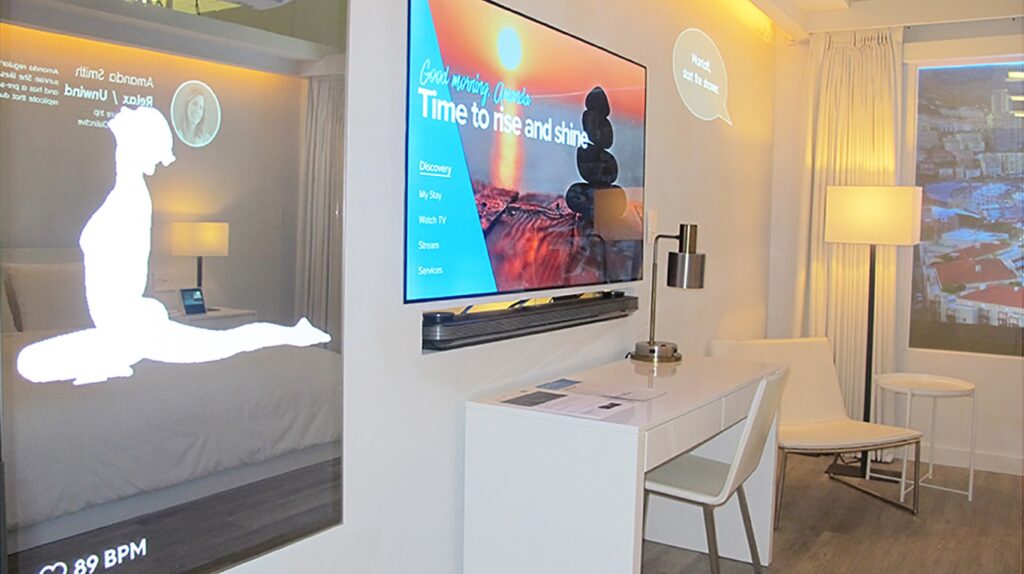
This seamless customization is made feasible by the Internet of Things (IoT) technology, empowering hotels to craft immersive environments that not only cater to but anticipate the desires of their guests. Marriott International‘s IoT Guestroom Lab provides a real-time example of this, where guests can control room settings through voice commands, adjust lighting and curtains via a mobile app, and even customize shower settings.
Moreover, artificial intelligence (AI) and machine learning algorithms represent a paradigm shift in guest interaction within luxury hospitality. Virtual assistants, now omnipresent within the industry, serve as crucial companions throughout the guest journey. Whether it’s securing reservations at exclusive dining establishments, coordinating transportation logistics, or requesting housekeeping services, these AI-powered systems ensure quick and efficient fulfillment of guest needs.
Personalized Experiences Through Data Analytics
By leveraging the capabilities of AI, hotels cultivate a level of personalized service that transcends mere anticipation, embodying a proactive approach to guest satisfaction. Hotels are leveraging data analytics and guest profiling tools to gain insights into individual preferences and behaviors, allowing them to tailor their offerings and services to each guest’s unique tastes. From pre-arrival welcome messages addressing guests by name to curated recommendations based on past preferences, every interaction is carefully crafted to create a truly bespoke experience.
A shining example of this personalized approach is evident in the innovative initiatives of leading hotels. Hilton‘s AI-powered concierge, Connie, fueled by IBM Watson, assists guests with a wealth of information on hotel amenities, local dining gems and must-see attractions. Similarly, The Cosmopolitan in Las Vegas stands out with Rose, an AI chatbot accessible via text, ready to fulfill guests’ needs from making restaurant reservations to providing insider insights on the vibrant cityscape.
To illustrate the effectiveness of this new approach, consider the case of a traveler using Essentialist to plan their dream vacation. Essentialist, a members-only travel service, has unveiled a groundbreaking app revolutionizing trip planning. Seamlessly merging technology with personalized service, the Essentialist app predicts user preferences through its AI-driven platform. By analyzing extensive data on user behavior and interactions, the app recognizes patterns and correlations to understand travelers’ likes, dislikes, and tendencies.
For instance, it examines past trip bookings, destination searches, interactions with curated content, and user feedback to identify trends such as preferred destinations, accommodations, activities, and dining choices. Leveraging collaborative filtering techniques, the AI further refines recommendations based on similarities between users. This continuous learning process allows the app to provide increasingly accurate and tailored suggestions over time.
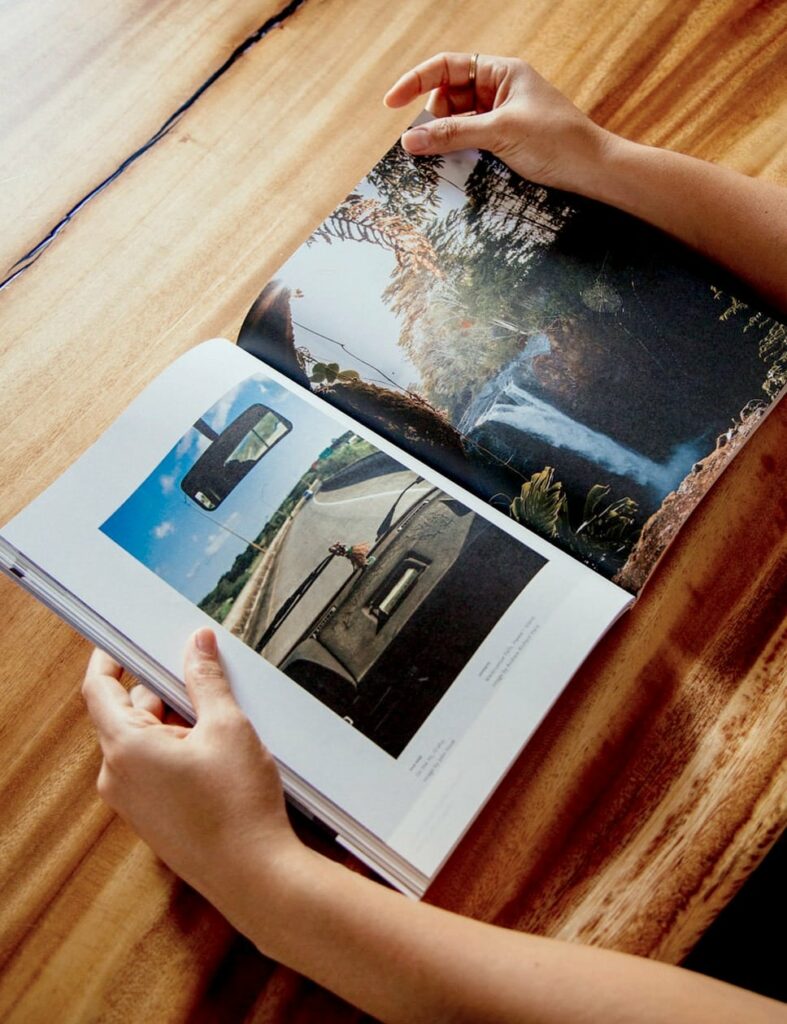
Users benefit from access to a curated database of travel inspiration tailored to their preferences, ensuring a bespoke experience from start to finish. Alongside, a dedicated Member Experience Manager oversees booking and communication, guaranteeing a smooth journey. Founded in 2016 by Joan Roca, Essentialist aims to unite sophisticated travelers with exclusive global experiences through a blend of expert curation and cutting-edge technology.
These initiatives exemplify how luxury hospitality embraces a new era where technological innovation harmonizes seamlessly with the timeless values of opulence and service excellence, enriching the guest experience in ways previously unimaginable. However, the digital transformation in luxury hospitality is not without its challenges. Balancing the integration of technology with the human touch is dominant, as guests still crave the personal connections and attention to detail that define the luxury experience.
Balancing Technology and Human Interaction
Amidst this backdrop, companies like Assouline Publishing emerge as pivotal players in striking the delicate balance between technology and human interaction. Assouline‘s expertise shines in their seamless blend of timeless luxury craftsmanship and state-of-the-art technology. Their coffee table books, well-known for their exquisite design and premium materials like linen fabrics in their travel series, represent sophistication. Their publications not only captivate with their aesthetic appeal but also offer immersive experiences through interactive elements on their website, such as virtual reality tours to depicted destinations.
Assouline pioneers the future of travel with their venture into the Metaverse. In addition to their array of captivating destinations, Assouline now invites readers to embark on virtual journeys through an exclusive pop-up boutique in Decentraland. By scanning a QR code on the book’s cover, readers are transported into this immersive digital realm, where they can indulge in educational content, artwork, and additional imagery curated to enhance the exploration. Moreover, Assouline‘s digital initiatives extend beyond their publications, encompassing social media engagement, e-commerce platforms, and multimedia content. Through carefully curated multimedia content, Assouline captures the essence of luxury and refinement, enticing followers into a world of elegance and sophistication.
From visually striking imagery to immersive videos showcasing their publications, Assouline leverages digital channels to not only showcase their offerings but also to cultivate a sense of community among luxury enthusiasts. For instance, their Instagram account includes meticulously curated posts showcasing luxurious imagery of their books alongside glimpses into the world of high-end living.
Through captivating visuals and engaging captions, Assouline not only promotes their products but also invites followers to immerse themselves in a lifestyle of elegance and refinement. This strategic approach not only broadens Assouline‘s reach but also reinforces their commitment to seamlessly integrating technology with the human touch, ensuring that personalized experiences and emotional connections remain at the forefront of their digital presence.
Renowned multimedia artist Maria Eleni Patouni, a creative force within Assouline‘s digital team, puts it simply: “The digital world isn’t just for fun—it’s where brands build their reputation and connections. In the ever-evolving digital landscape, Assouline Publishing pioneers the fusion of luxury, tech, and human touch. Through captivating multimedia, we craft immersive experiences that inspire and connect. Creativity drives us, redefining luxury in a digital age.”
In navigating the digital landscape, Assouline ensures that personalized experiences and emotional connections remain paramount. Through their publications, Assouline not only elevates book reading into a luxurious experience but also reaffirms the enduring significance of human connection in an increasingly digitized world. This seamless integration of traditional craftsmanship and digital innovation underscores Assouline’s ability to evolve while staying true to their heritage, serving as a beacon for the delicate balance between technology and human touch in the luxury industry.
Conclusion
The digital transformation in luxury hospitality represents a paradigm shift in the way the hospitality industry engages with their guests. By harnessing the power of technology to create immersive, personalized experiences, luxury hotels and restaurants can elevate the guest experience to unprecedented levels of sophistication and convenience.
As we embrace the future of hospitality, one thing is clear – the digital revolution has only just begun.



